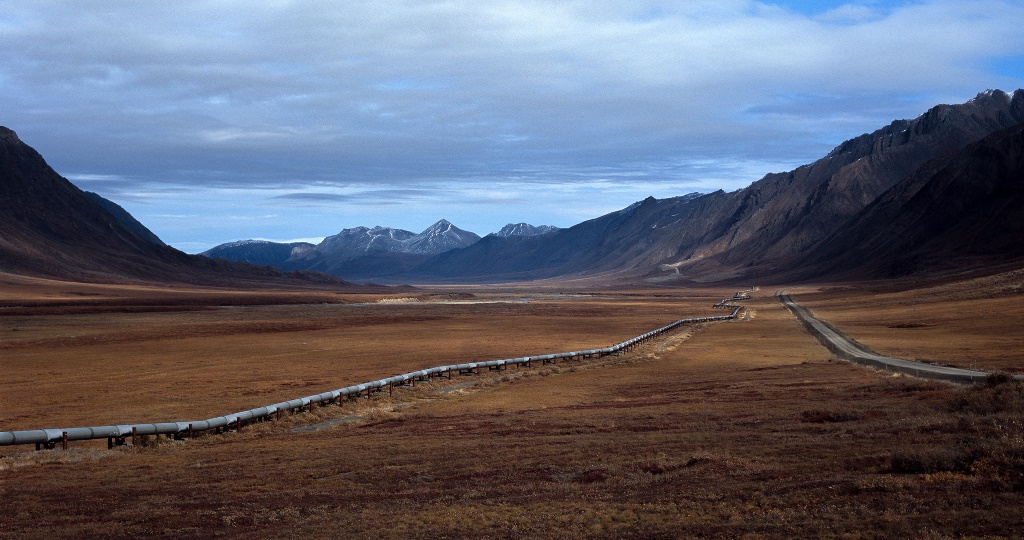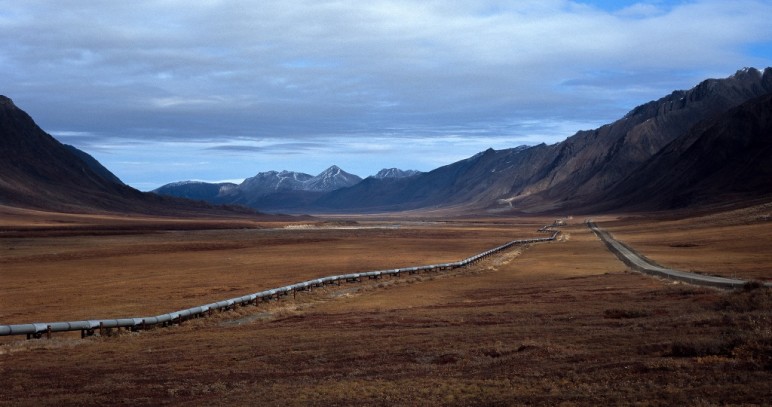Fracked Fuel and Petrochemical Proposals in Oregon and Washington
The Pacific Northwest states of Oregon and Washington are facing a raft of proposals to build large-scale fossil fuel energy facilities. Situated between vast carbon fuel deposits in the North American interior and fast-growing energy markets in Asia, the Northwest has become a major area of focus for the world’s coal, oil, and gas industries. Although coal export and oil-by-rail have grown intensely controversial, analysts and the media have for the most part overlooked or left unexplored a further category of these projects: fracked fuel and petrochemical schemes that would transform the Northwest into a major international shipping hub for fossil fuels and their byproducts.
This report provides the first regionwide inventory of the fracked fuel and petrochemical projects under consideration. While the projects encompass an array of fuels and technologies, they share some core features: they are made possible in large part by new oil and gas extraction techniques, especially fracking, and they either burn carbon-based fossil fuels or use them for manufacturing plastics and related products.
Stretching from Coos Bay, Oregon, in the south to Washington’s Puget Sound in the north, the proposed fracked fuel and petrochemical projects pose a range of significant stresses to regional resources. They would consume large quantities of fresh water, create potentially serious safety risks to local communities, release various forms of toxic contaminants into the Northwest’s air and water, and increase the region’s carbon pollution load.
Download the full report below to learn more. View the press release for this report here.
Fracked Fuel and Petrochemical Proposals in Oregon and Washington
Care to comment? The report is also featured in this article.








